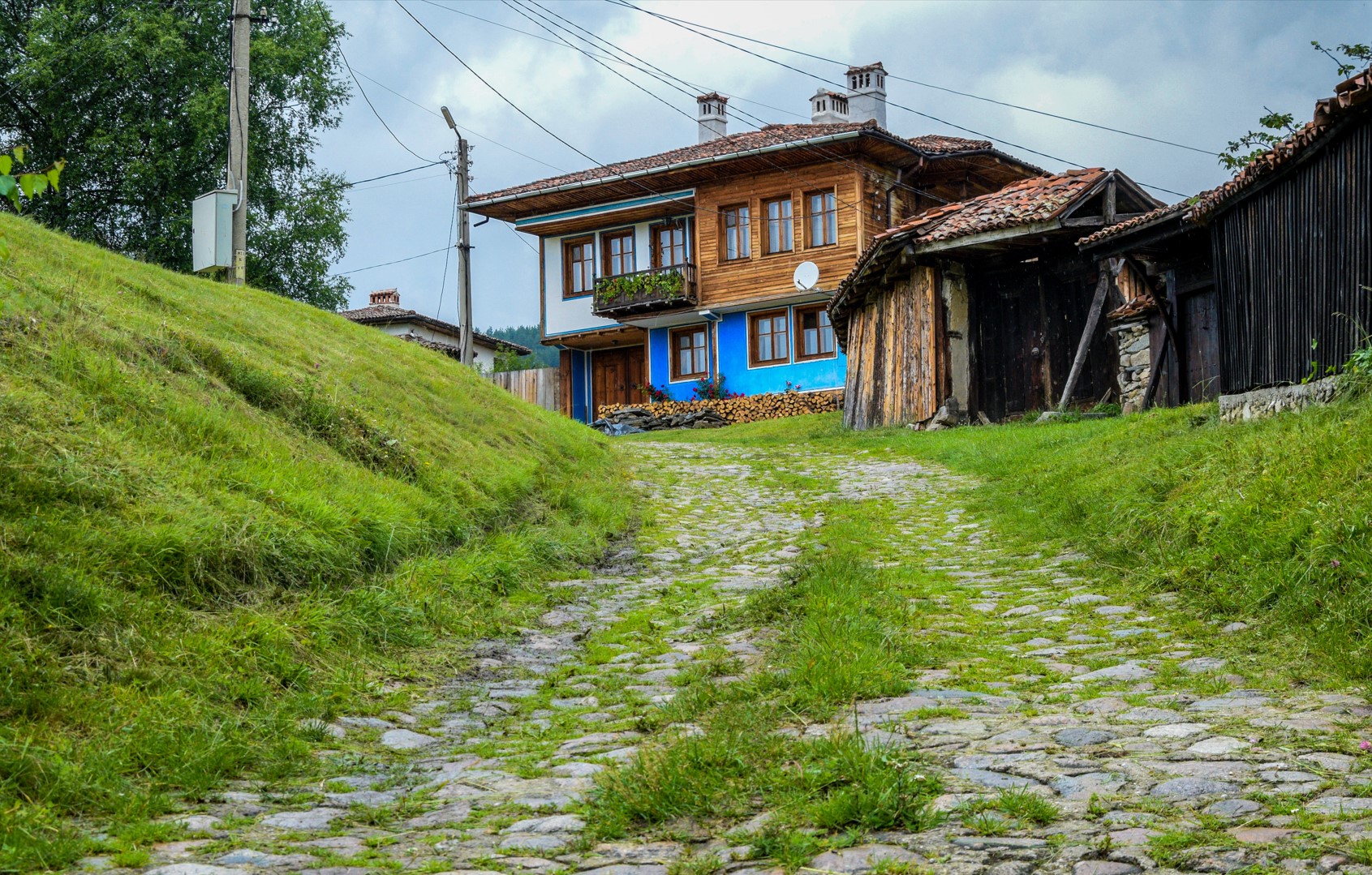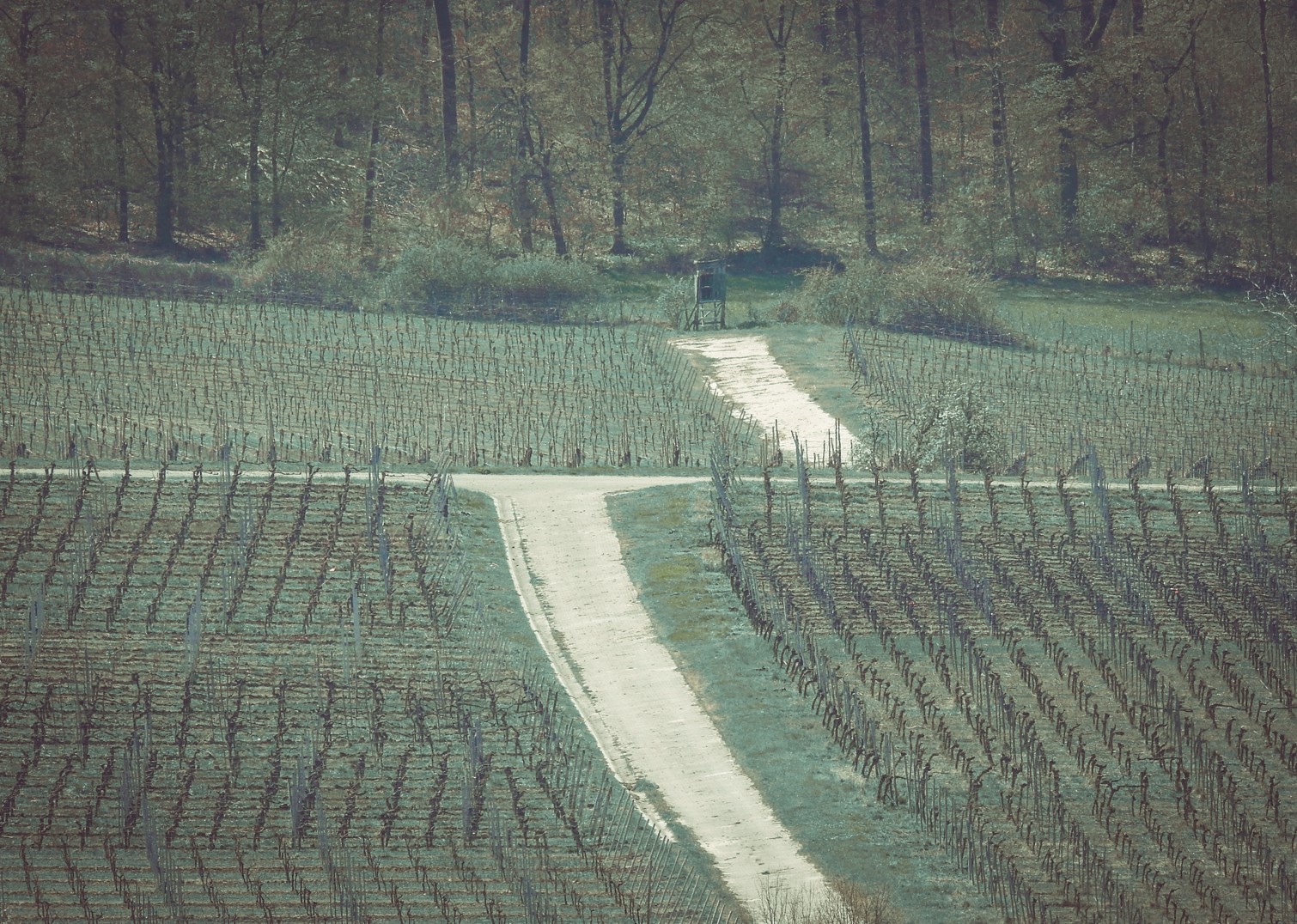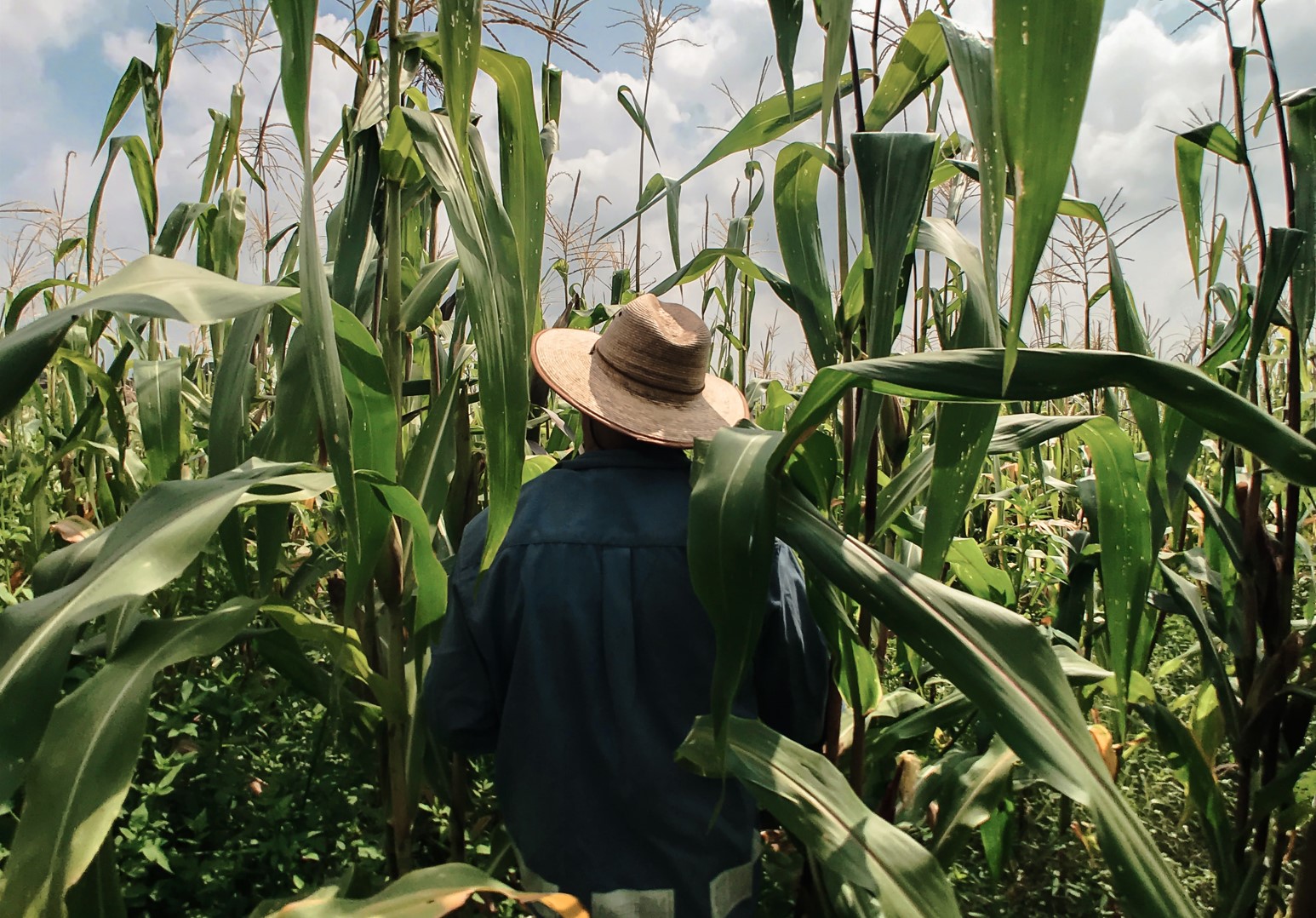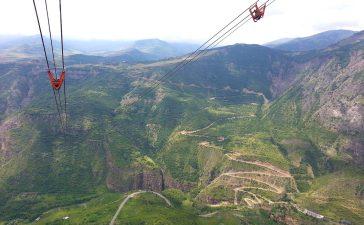Agritourism has become a popular trend in the travel industry, especially in Europe in recent years. It is essential to be familiar with the key aspects of this segment and plan your trip accordingly if you are a travel enthusiast. Or if you are in the business of travel, it is vital to stay informed about the latest developments in this segment.
The agritourism market was valued at $45.4 billion in 2021 and is projected to reach $141 billion by 2030, with a compound annual growth rate (CAGR) of 13.4% during the forecast period of 2022 to 2030, stated in the market research report.

Agritourism or on-farm tourism is a way for non-farmers to learn about agriculture and support family farms by purchasing products or services directly or indirectly. In California, it has become a popular trend among farmers and ranchers as suppliers, tourists, and consumers of agricultural products and services as end-users.
Agritourism and its benefits
Agritourism, also known as farm or agrotourism, is a form of tourism where people stay and work on a farm or agricultural property. It offers farmers and rural communities to diversify their income by opening their land to visitors and sharing their way of life. The benefits of agritourism include:
- Supporting local economies through additional income for farmers and rural communities.
- Providing educational opportunities for visitors to learn about farming, food production, and the culture and history of the area.
- Promoting sustainable farming practices and conservation of natural resources.
- Facilitating cultural exchange and understanding by allowing visitors to experience the local culture and way of life.
- Offering an authentic and unique travel experience away from commercial tourist hotspots.
Agritourism in Europe
Rural tourism in Europe is a growing trend, where people visit and stay in the countryside, to get a sense of the local culture, history, and lifestyle. It’s an opportunity for tourists to disconnect from the busy urban life and enjoy a more authentic and peaceful experience. Europe’s rural areas boast breathtaking landscapes, quaint villages and traditional architecture, making it an ideal destination for travelers looking for a unique and memorable trip.
Many rural areas in Europe are also promoting sustainable tourism, preserving the natural and cultural heritage of the region.
The history of agritourism in Europe can be traced back to the 1970s, when farmers in Italy and France began opening their homes and farms to visitors as a way to supplement their income. Today, agritourism is a booming industry in Europe, with millions of visitors annually visiting farm stays, vineyards, and other agricultural properties.
Popular destinations for Agritourism in Europe
Agritourism is popular across Europe, with many countries offering a range of options for visitors. Italy is a particularly popular destination for agritourism, with its charming farmhouses, vineyards, and olive groves. Popular destinations for agritourism in Europe include France, Spain, Germany, and Ireland.
France offers a wide range of options, from luxury farm stays to more rustic accommodations, while Spain offers visitors the chance to experience traditional rural life on a working farm. Germany and Ireland also have a rich tradition of agritourism, with visitors able to experience the country’s unique culture and landscape.
France: Loire Valley – The Loire Valley is known for its picturesque landscapes, historic chateaux, and wine production, as well as a famous destination for wine tourism. The region is located in central France and is a popular destination for agritourism. Visitors can participate in vineyard tours, wine tastings, and enjoy local cuisine made with fresh produce grown in the region.

Spain: La Rioja – La Rioja is a wine region located in northern Spain. It is known for its Tempranillo grapes, which are used to produce a variety of wines. Visitors can participate in wine tastings, vineyard tours, and visit historic wineries. The region is also home to many small towns and villages, where visitors can experience traditional Spanish culture and cuisine.
The Bilbao International Airport is the nearest airport to the Rioja region of Spain.
Germany: Bavaria – Bavaria is a region in southern Germany that is famous for its beer and traditional cuisine. Visitors can participate in beer tastings, brewery tours, and enjoy local specialties such as sausages, sauerkraut and dumplings. The region is also known for its picturesque landscapes, including the Bavarian Alps and the famous castles of Neuschwanstein and Hohenschwangau.

Organizing rural tours in Bavaria would be most convenient with Munich as the starting airport.
Ireland: County Cork – County Cork is located in the southwest of Ireland, it is known for its beautiful landscapes, including the Beara Peninsula and Sheep’s Head Way. Visitors can participate in farm tours, where they can see how traditional Irish farm products such as cheese, butter, and meat are produced. It is also famous for its traditional Irish music and culture, visitors can experience this in many of the towns and villages in the area.
Dublin is the easiest starting point for a trip to Ireland.
In the context: Are you looking for other ideas for your next trip? Check out our editorial guide for specific travel ideas for 2023.
Staying at locally-run agritourism hotels offers a truly authentic experience. Instead of simply experiencing regional cuisine at restaurants, you have the opportunity to see where and how it is produced.
In addition, many agritourism hotels have rustic kitchens where you can learn about local culinary techniques from the locals. Furthermore, you may even be able to take home a delicious souvenir, such as homemade jam, wine, or fresh vegetables, as you will be staying on an active farm.
Economic benefits of Agritourism for European farmers

It also creates jobs in rural areas, providing employment opportunities for people who may otherwise have to leave their communities to find work.
Additionally, agritourism can also provide a market for local produce, helping to support local farmers and the agricultural industry.
Sustainable Agritourism practices in Europe
Preserving the environment and cultural heritage. Agritourism in Europe is becoming increasingly sustainable, with many farms and rural communities promoting eco-friendly practices. This includes using renewable energy sources, recycling and composting, and protecting and preserving the natural environment.
Many agritourism properties also provide educational opportunities for visitors to learn about sustainable farming practices, helping to raise awareness of the importance of preserving the environment. Agritourism also helps in preserving the cultural heritage of rural areas, by allowing visitors to experience traditional ways of life and customs.
Challenges and future prospects for Agritourism in Europe
Despite its popularity and the many benefits it offers, agritourism in Europe faces several challenges. These include a lack of infrastructure and facilities in rural areas, which can make it difficult for visitors to access agritourism properties.
Additionally, many farmers are not familiar with the business side of agritourism, making it difficult for them to market their properties and attract visitors. Additionally, government regulations and policies can also be a challenge, with some countries having stricter rules and regulations regarding agritourism than others. However, despite these challenges, the future prospects for agritourism in Europe are positive.
With an increasing number of people seeking authentic and sustainable travel experiences, the demand for agritourism is likely to continue to grow. Additionally, as more farmers and rural communities become aware of the benefits of agritourism and learn how to successfully run agritourism businesses, the industry is likely to become more streamlined and efficient.








